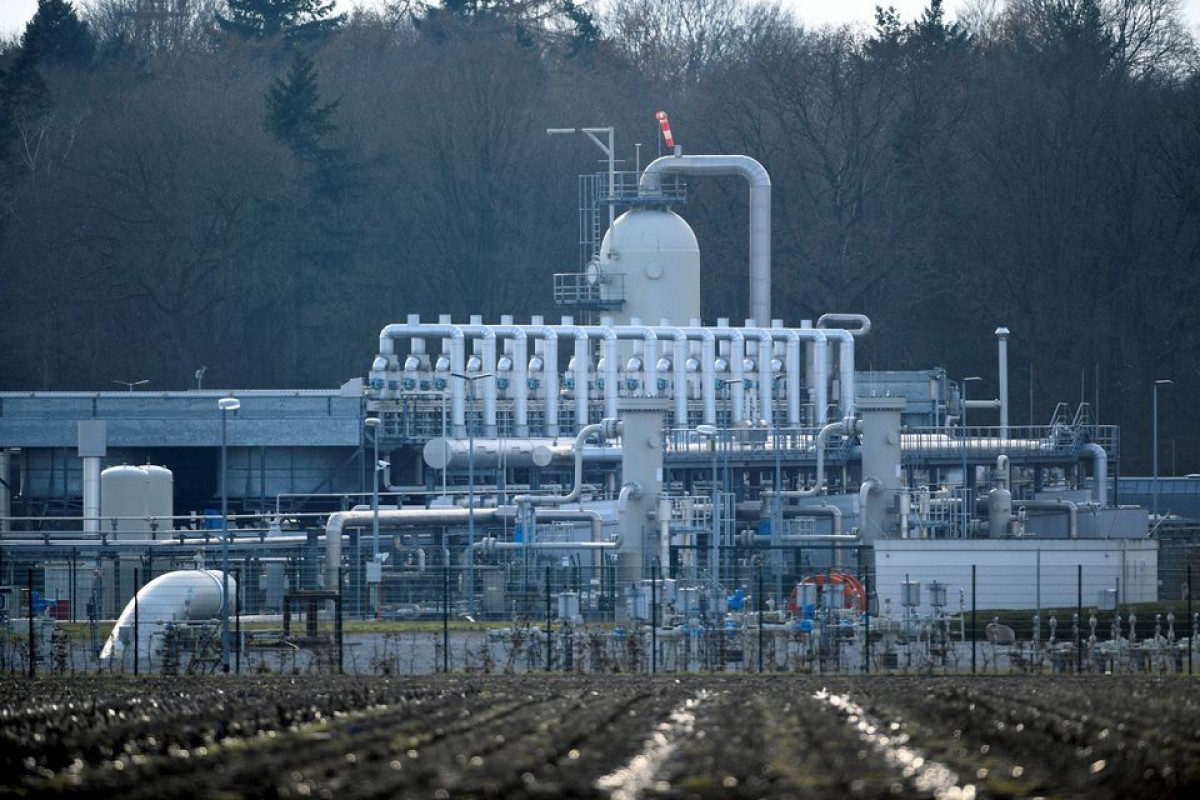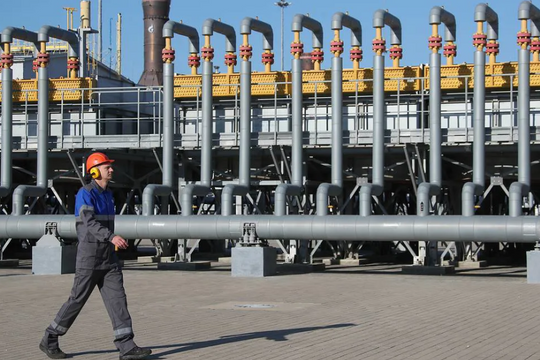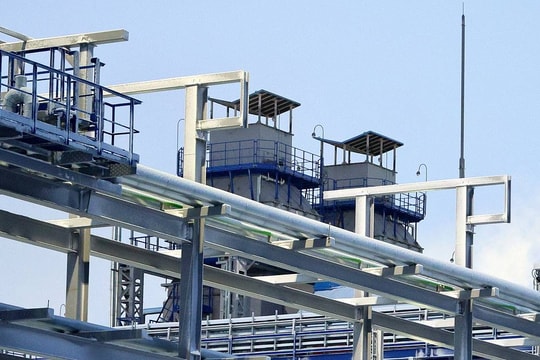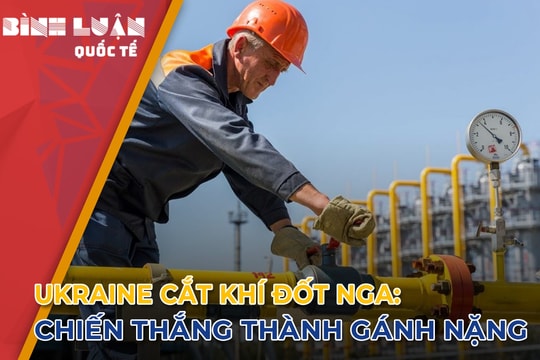EU holds urgent meeting to agree on action to deal with risk of Russia cutting off gas
European Union (EU) Energy Ministers will hold an emergency meeting today (May 2) to agree on actions to respond to the risk of Russia cutting off gas supplies to European countries that do not pay in rubles.
Last week, Russia cut off gas supplies to Poland and Bulgaria after they refused to pay in rubles. The two countries had planned to stop using Russian gas this year and plan to make up for it with alternative sources. But this has raised concerns among EU members, including Germany, that it could be the next to see Russia cut off energy supplies.
 |
| Astora natural gas station, the largest in Western Europe, in Germany. Photo: Reuters |
In addition, the EU is facing a risk of being divided internally due to disagreements regarding the sanctions plan for Russia. These sanctions are putting many EU companies in a difficult position when they want to buy gas from Moscow but must ensure compliance with the regulations set by the bloc.
The European Commission (EC) has previously issued a document instructing companies to purchase gas as proposed by Moscow without violating the sanctions imposed by Europe against Russia. However, EU countries have asked the Commission to provide clearer guidance on this issue, in the context of different interpretations.
Specifically, the countries want to clarify whether sending euros to Gazprombank and then converting them into rubles at Russia's request violates sanctions or not? This is an issue on which EU countries have different opinions.
According to data from the Centre for Research on Energy and Clean Air (CREA), EU countries have paid Russia more than 45 billion euros ($47.43 billion) since the country launched its military operation in Ukraine on February 24.
For Brussels, Russia's demands are a unilateral violation of existing contracts and a way for Moscow to evade European sanctions.
The EC has warned member states that Russia’s planned move could breach EU sanctions, and has suggested that countries complete the payments after they are made in euros and before converting them to roubles. Brussels is also drafting additional guidelines to harmonize the payment process for member states.
Currently, Russia supplies 40% of the EU's gas and 26% of its oil imports. In fact, European countries have different levels of dependence on Russian gas, but analysts say that cutting off all gas imports from Russia immediately would push countries into recession, especially Germany - the largest energy consumer in the bloc, so appropriate response measures are needed. Faced with this situation, countries such as Austria, Hungary, Italy and Slovakia are also quite hesitant.
Despite opposition, the EC will unveil plans later this month to end Europe's dependence on Russian fossil fuels by 2027, including measures to expand renewable energy and renovate buildings to consume less energy./.

.jpg)


.jpg)



